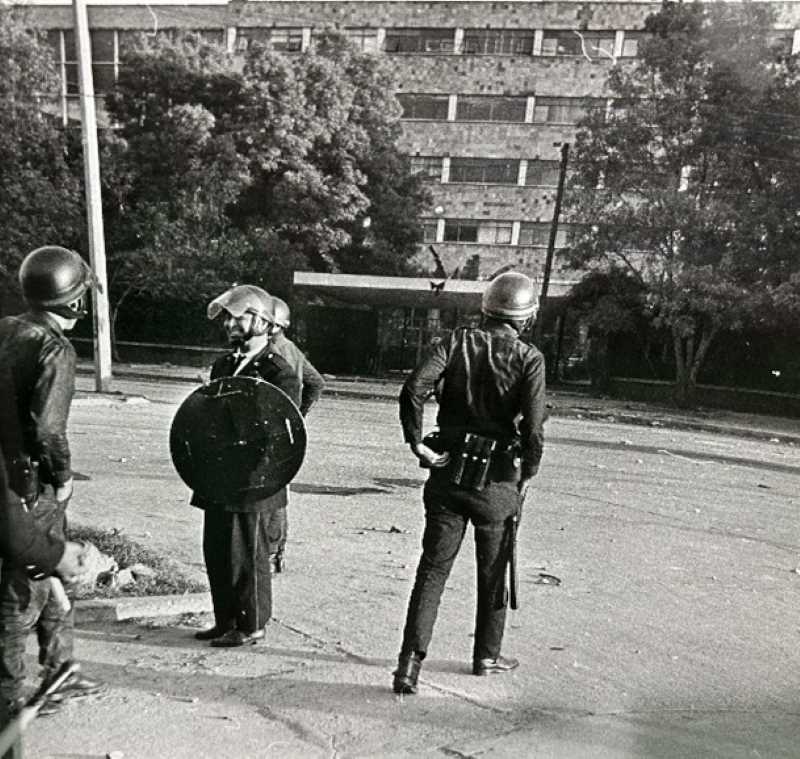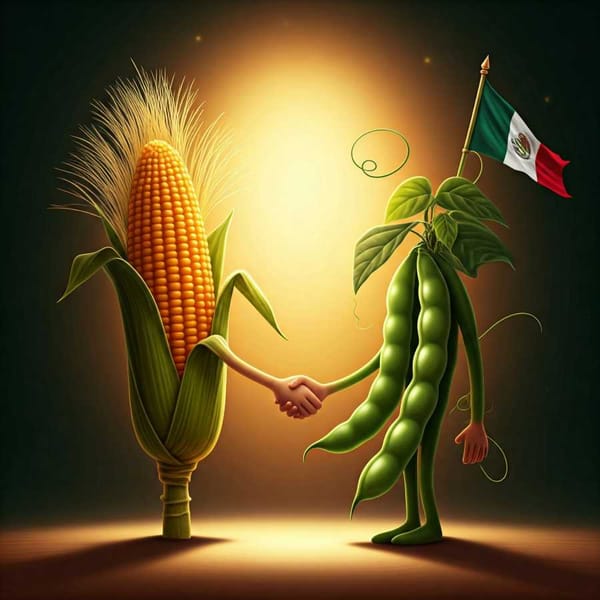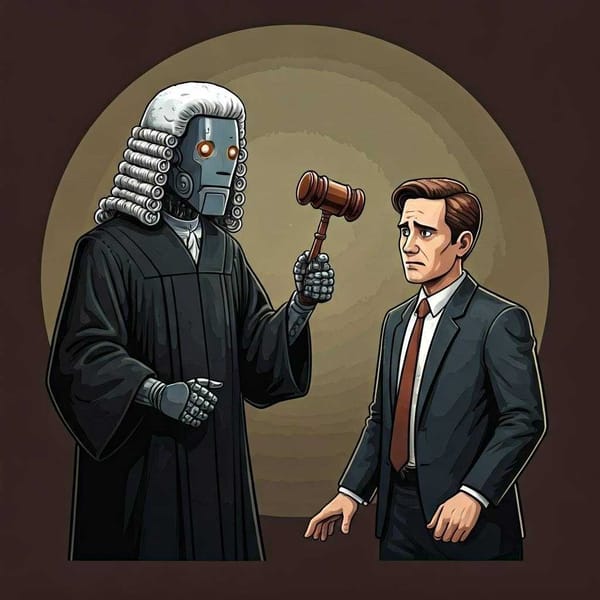Mexico's Dirty War: How a Rebel Newspaper Defied the Government
Mexico's dirty war saw brutal repression and a rebel press to fight back. "Madera," a clandestine newspaper by the Liga Comunista 23 de Septiembre, defied the government with fiery rhetoric and reports of revolutionary acts.

The 1960s and 1970s in Mexico were characterized by a severe human rights crisis and a lack of democratic freedoms. The country was under a series of repressive policies orchestrated by the governments of Presidents Gustavo Díaz Ordaz and Luis Echeverría. In their eagerness to combat any social movement or signs of social organization, they repressed, tortured and disappeared several people. As a result, numerous collectives opted to form armed movements after exhausting legal channels and in the absence of a response from the authorities.
One of the most outstanding characteristics of the Liga Comunista 23 de Septiembre was its clandestine newspaper entitled Madera. Its name refers to the failed assault on the Madera Barracks in Chihuahua on September 23, 1965, carried out by the Popular Guerrilla Group, led by Arturo Gámiz and Pablo Gómez. This incident resulted in the assassination of most of the group's members and marked the first contemporary guerrilla uprising in Mexico. The Madera assault became a reference for all subsequent social movements and served as a theoretical basis for the league.




